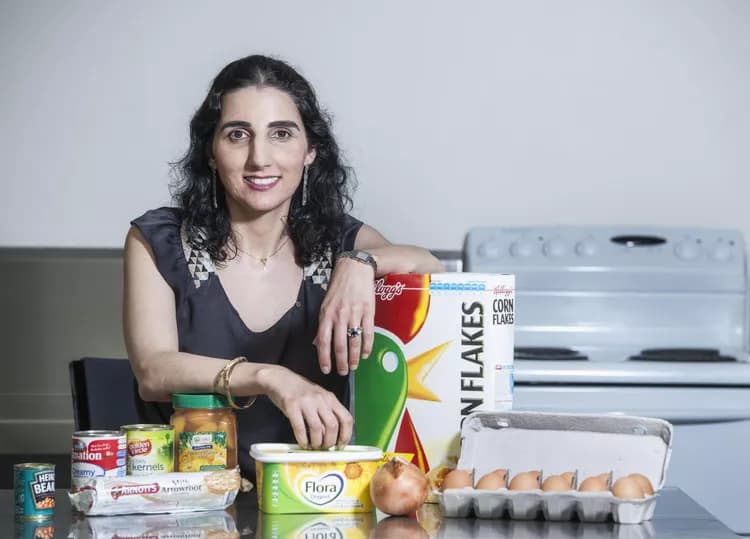People who live alone are more likely to have unhealthy diets lacking key foods, QUT research has found.
The study reported inadequate cooking skills, no partner to go shopping with, the increasing cost of food and a lack of motivation to cook were among the reasons people living alone had different eating practices.
Men living alone were more likely to have a poor diet than women.
Dr Katherine Hanna and Dr Peter Collins, from QUT's School - Exercise and Nutrition Sciences, analysed 41 previous studies to investigate the link between living alone and food and nutrient intake.
The paper, the first comprehensive review of research investigating links between living alone and food intake, has been published in the journal Nutrition Reviews.
"Our results found that people who live alone have a lower diversity of food intake and a lower consumption of some core food groups like fruits and vegetables and fish," Dr Hanna said.
"The number of individuals living alone in the developed world continues to increase and, in 2010, 23 per cent of households in Australia were lone person households.
"The research suggests living alone may represent a barrier to healthy eating that is related to the cultural and social roles of food and cooking. For example, a lack of motivation and enjoyment in cooking and/or eating alone often led to people preparing simple or ready-made meals lacking key nutrients.
"The absence of support or encouragement to comply with healthy eating guidelines and difficulty in managing portion control were also factors influencing diet."
Dr Hanna said people living alone were diverse in range of age, gender, education and socioeconomic status but could be unprepared for cooking for themselves for a range of reasons.
"For example, a person who is bereaved or divorced may have previously relied on their partner for food preparation and lack the sufficient cooking skills to make healthy meals," she said.
"Economic factors also explain lower consumption of foods like fruits and vegetables and fish, as they require more frequent purchase and consumption, which can be expensive.
"The psychological impacts of living alone can also influence diet. Previous research has found loneliness, for example, is a significant predictor of malnutrition in the elderly."
Dr Hanna said there were several strategies that could help address the possible barriers to healthy eating for people living alone.
"These include programs that focus on cooking skills for single people on a range of budgets, improved availability of affordable healthy food and developing socially acceptable opportunities for eating in communal settings."
The above post is a redistributed news release provided by the
Queensland University of Technology. Note: Materials may be edited for content and length.
Disclaimer: DoveMed is not responsible for the adapted accuracy of news releases posted to DoveMed by contributing universities and institutions.
Primary Resource:
Hanna, K. L., & Collins, P. F. (2015). Relationship between living alone and food and nutrient intake. Nutrition reviews, 73(9), 594-611.
Related Articles
Test Your Knowledge
Asked by users
Related Centers
Related Specialties
Related Physicians
Related Procedures
Related Resources
Join DoveHubs
and connect with fellow professionals


0 Comments
Please log in to post a comment.